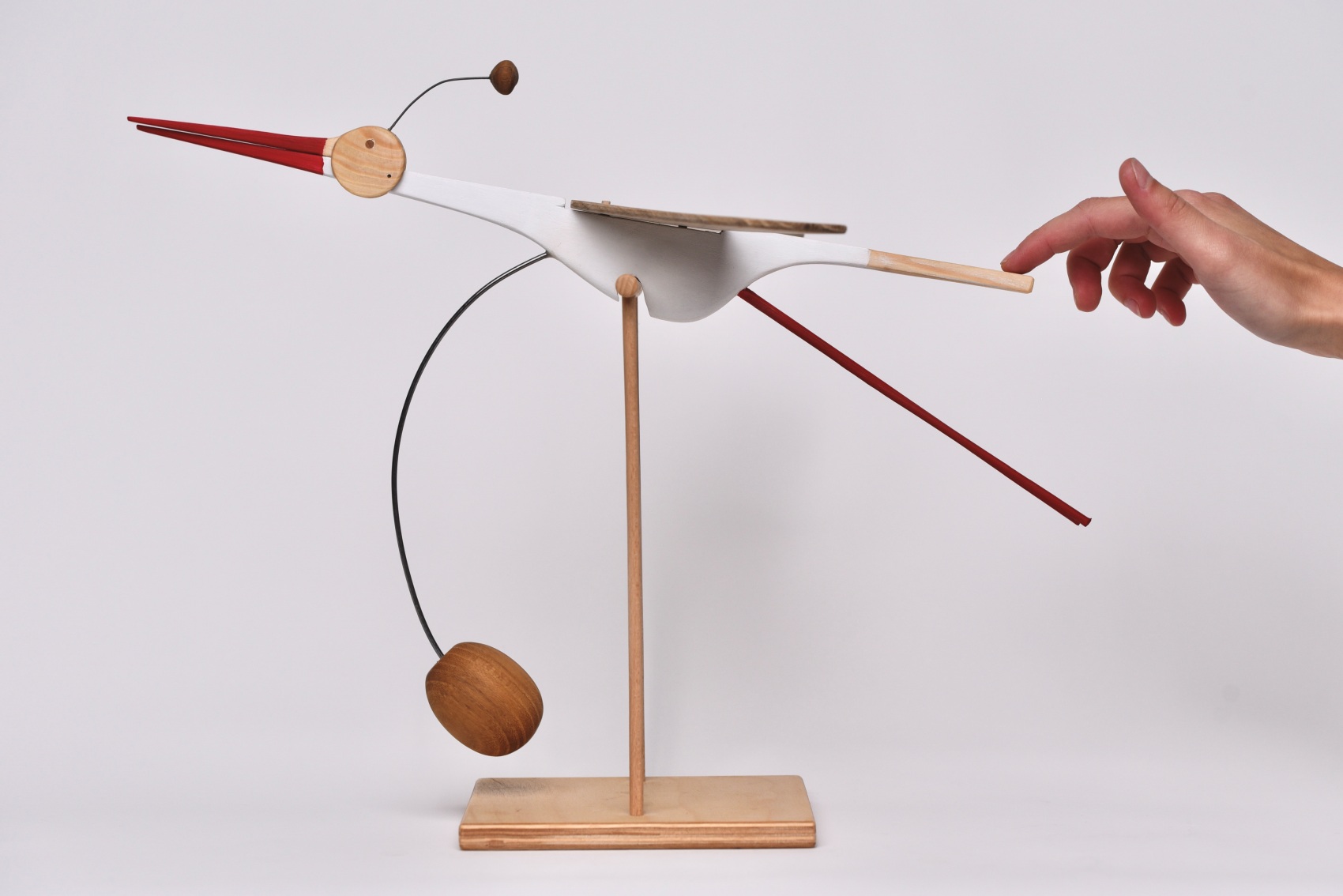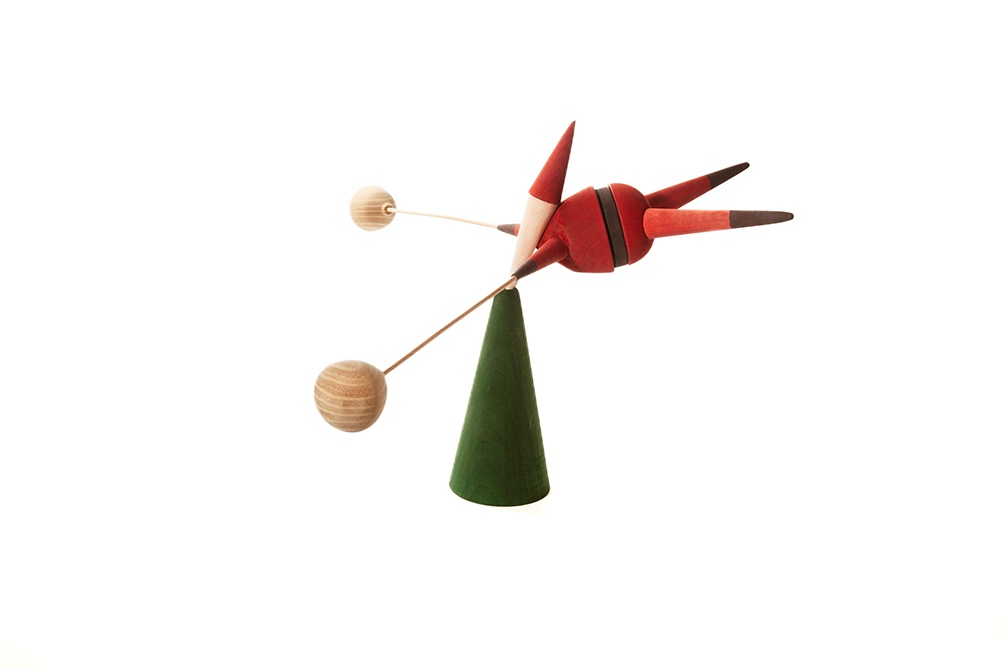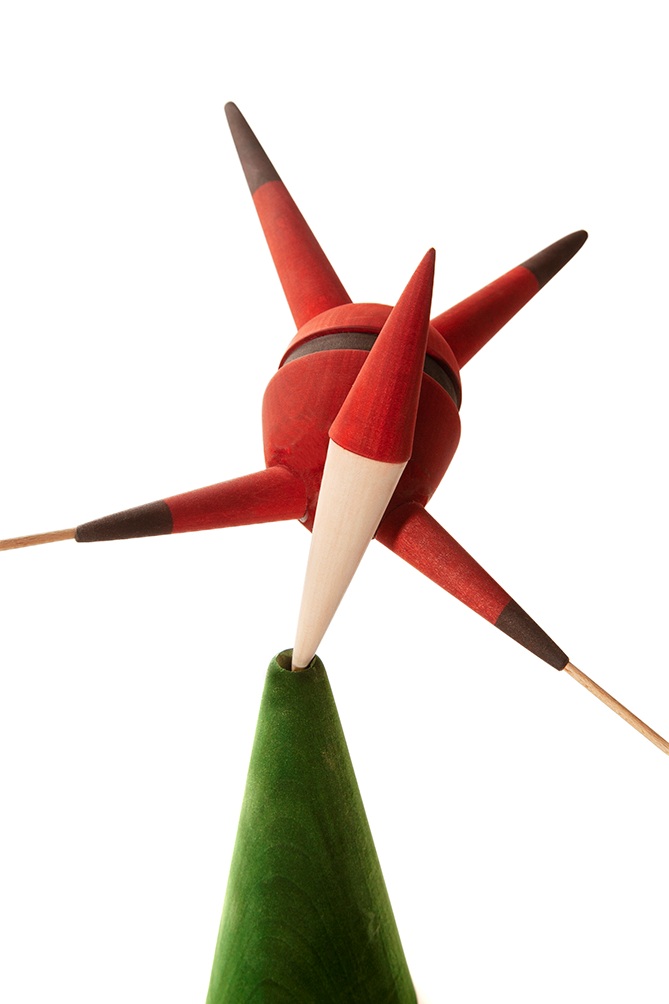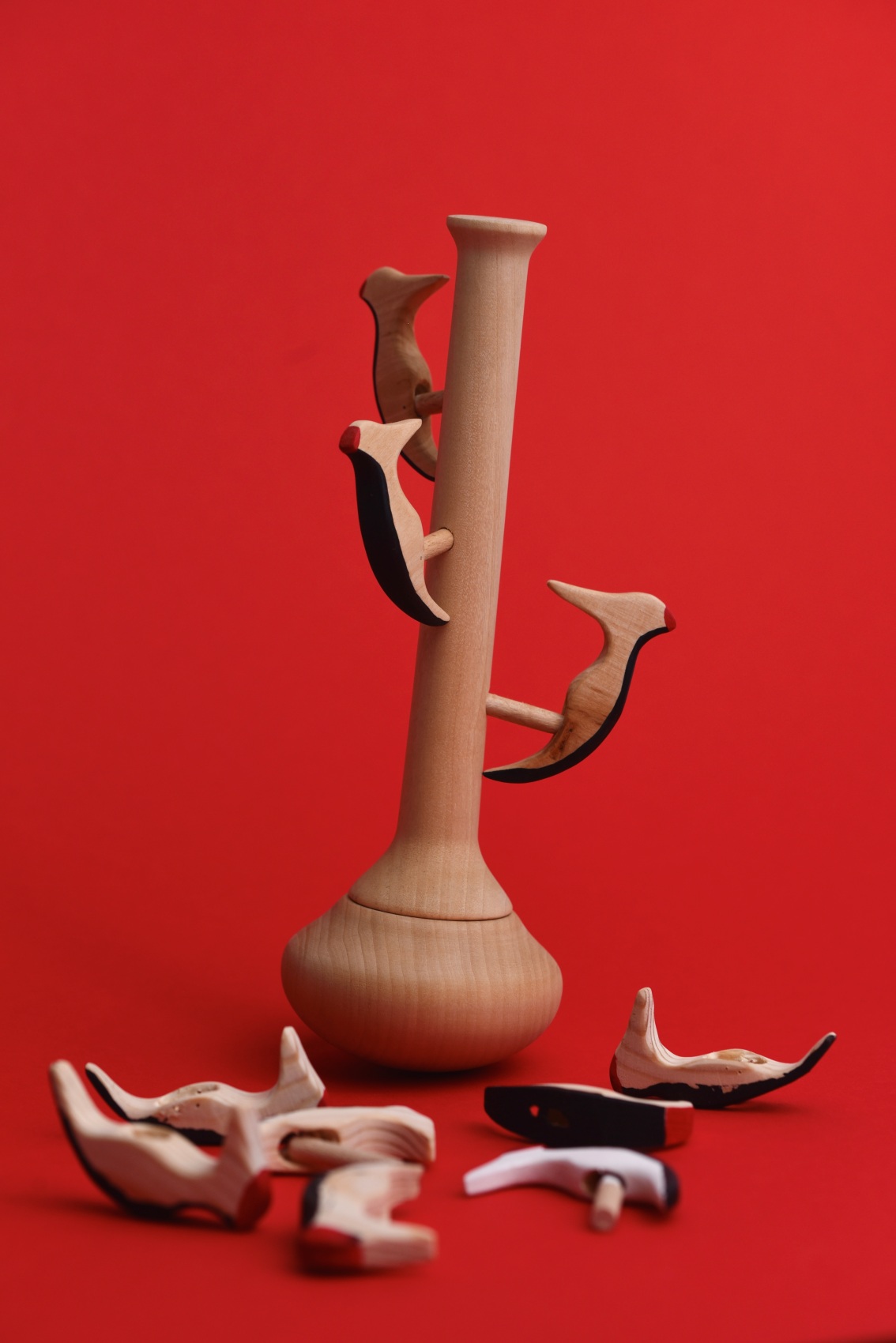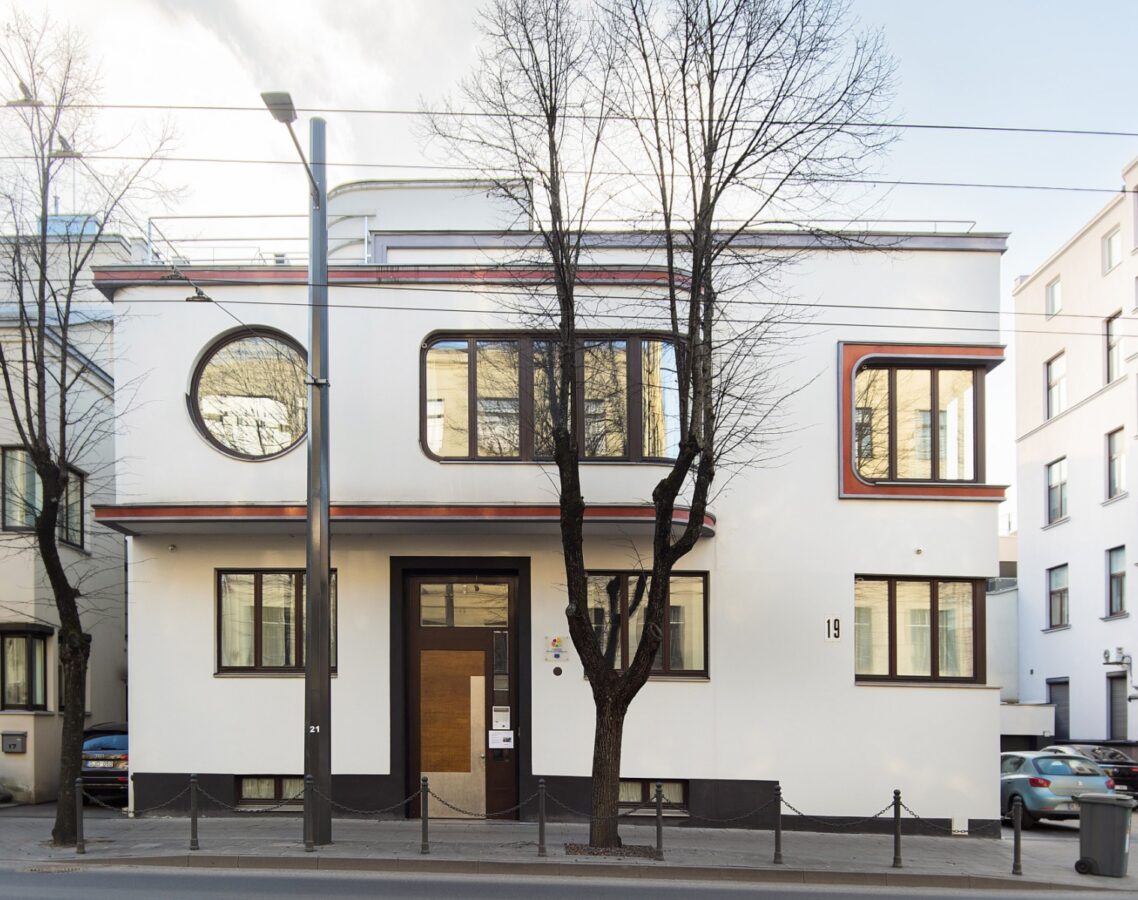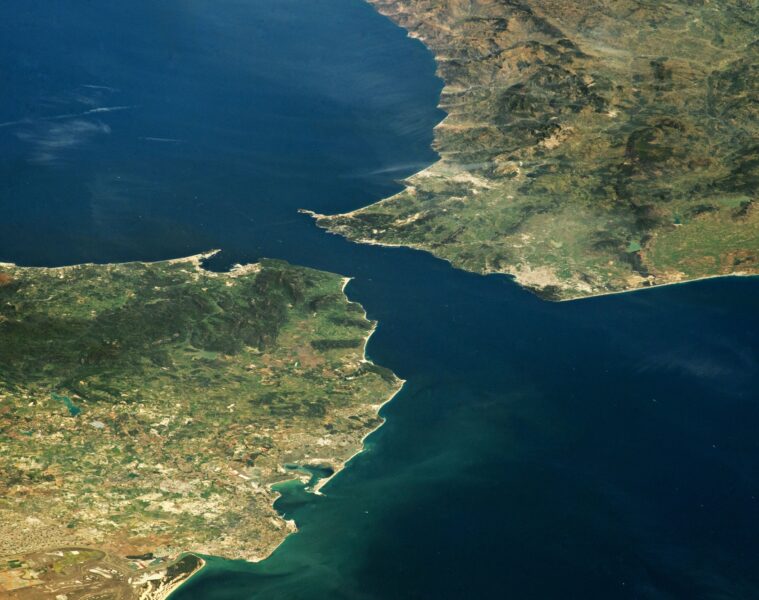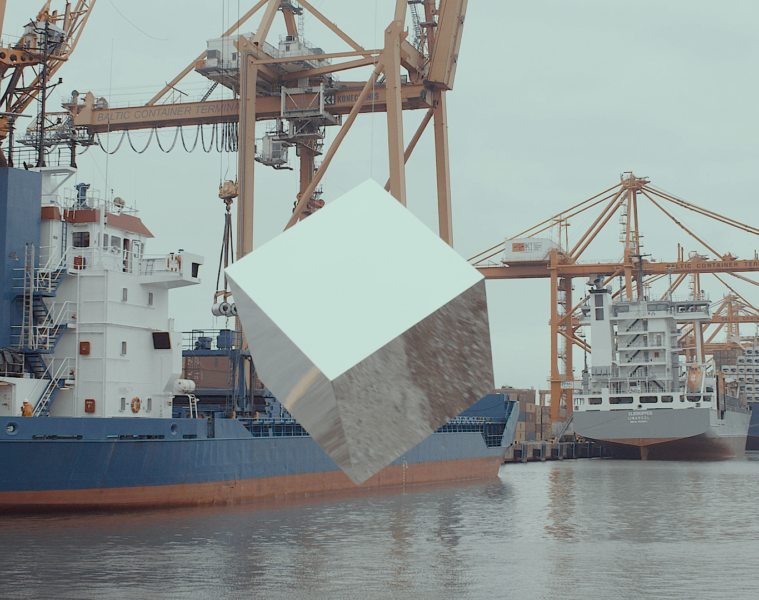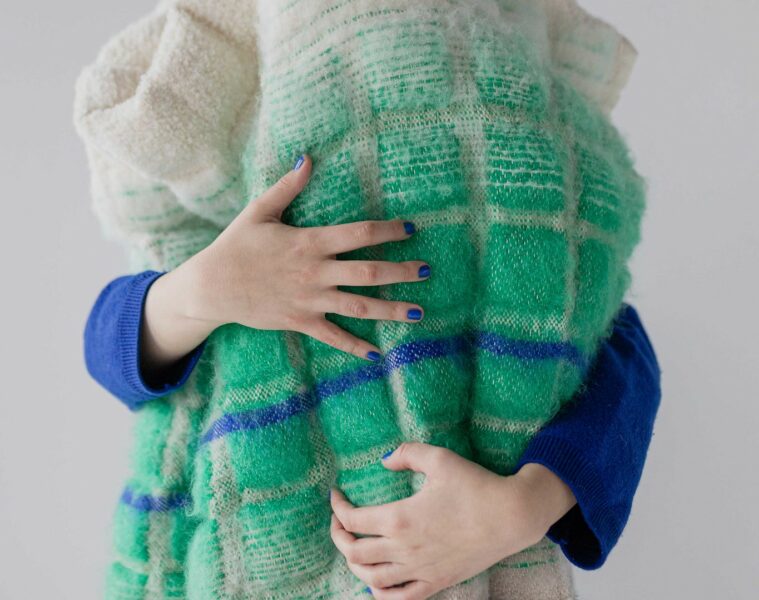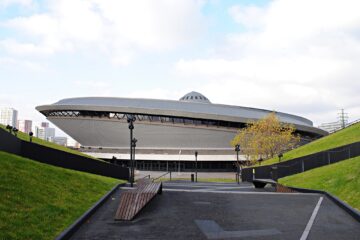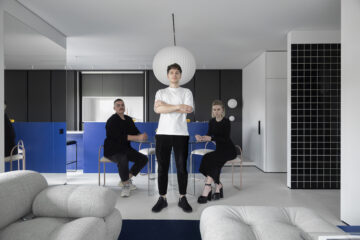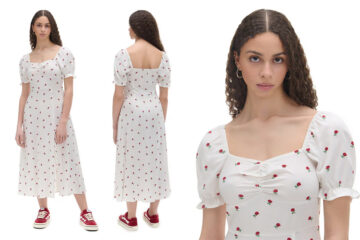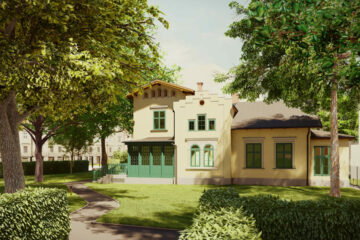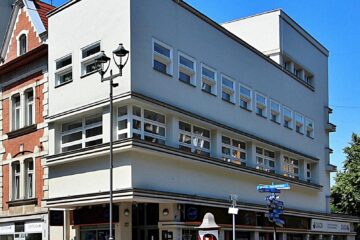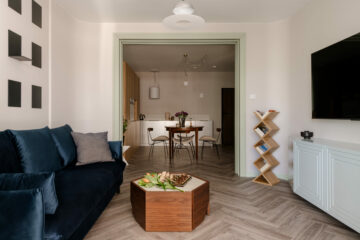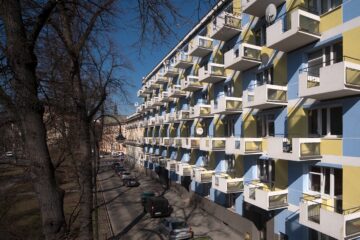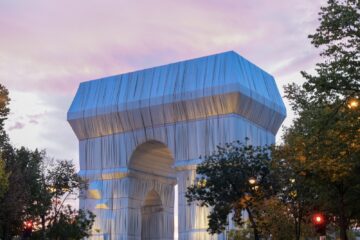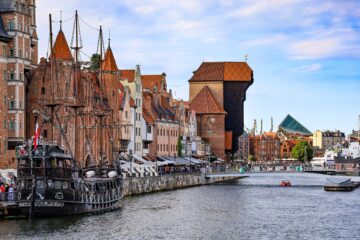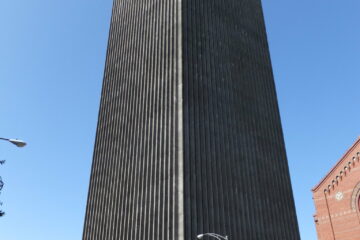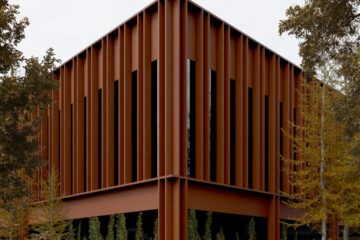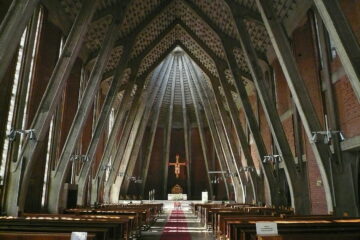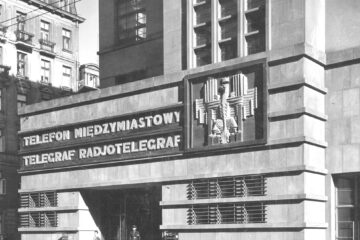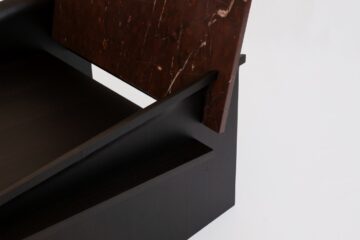FIKU is a new brand founded by designer and sculptor Pawel Jasiewicz. The series of minimalist figurines was created not only as toys, but also as an artistic interpretation of movement and a return to traditional craftsmanship
The small objects will be available to see and buy at the upcoming edition of the Fair of Nice Things, where the collection will be presented to a wider audience for the first time. In a special Christmas offer, Jasiewicz has prepared a limited edition of figurines that refer to Christmas traditions. These unique creations are not only distinguished by their aesthetics, but also reflect the artist’s passion for creating works that combine art, craft and entertainment. Each figure in the series is a testament to the artist’s understanding of wood as a medium to express tenderness and warmth. While being a symbol of joy and creativity, FIKU also pays homage to simplicity and naturalness – key values in the designer’s work. In the context of kinetic figures, wood, the basis of his sculptures and wearable art, gains a new dimension, emphasising the versatility of the creator and the artistic potential of this material
Evolution
Already earlier in Pawel Jasiewicz’s oeuvre, projects related to play can be seen, such as the ‘Goose’ – portrait blocks, which have both a playful and critical function. They allow you to play with your children or friends to create abstract portraits, while carrying a critical and mocking element. Jasiewicz draws inspiration for her kinetic toys and figurines from a combination of three key sources. The first is Johan Huizinga’s philosophy of play and game, which has influenced a deep understanding of the creative process. The second, and no less important, source is Jasiewicz’s personal experience gained from leading workshops for children and students, which helps him to understand interaction and communication with young people. The third aspect is being on the move all the time – the artist’s numerous travels, became an opportunity for him to learn about traditional objects, toys from different cultures that have stood the test of time and, in a way, define a region or land, are cultural symbols
I wanted to create toys that both children and adults can use. These are objects that can find their place on a shelf in every home, while at the same time referring in their simplicity to tradition and culture. The symbolism of elements such as the stork, the tree or the woodpeckers mounted on the tree – we can read these as symbols of the culture in which we have grown up. Their presence in art, literature and even in everyday life reminds us of our roots, traditions and values, which for many can be the foundation of national identity. Throughout the creative process, I was primarily interested in reflecting Huizinga’s thought that civilisation in its earliest phases was played, did not come from play, but arose in play and never left it,” adds the artist
In constant motion
Movement in FIKU is a key element, the starting point for every interaction. Designed to encourage touch, these delicately crafted objects initiate interaction with the viewer. A light touch is enough to set the figurine in motion, creating a mesmerising and calming dynamic. This subtle interaction not only engages, but also provides a kind of calm and relaxation, reflecting the artist’s deeper philosophy of harmony and balance between form and function. In this way, Pawel Jasiewicz takes the concept of kinetic art to a new level, creating works that are both beautiful and interactive, enriching the aesthetic experience with a dimension of movement
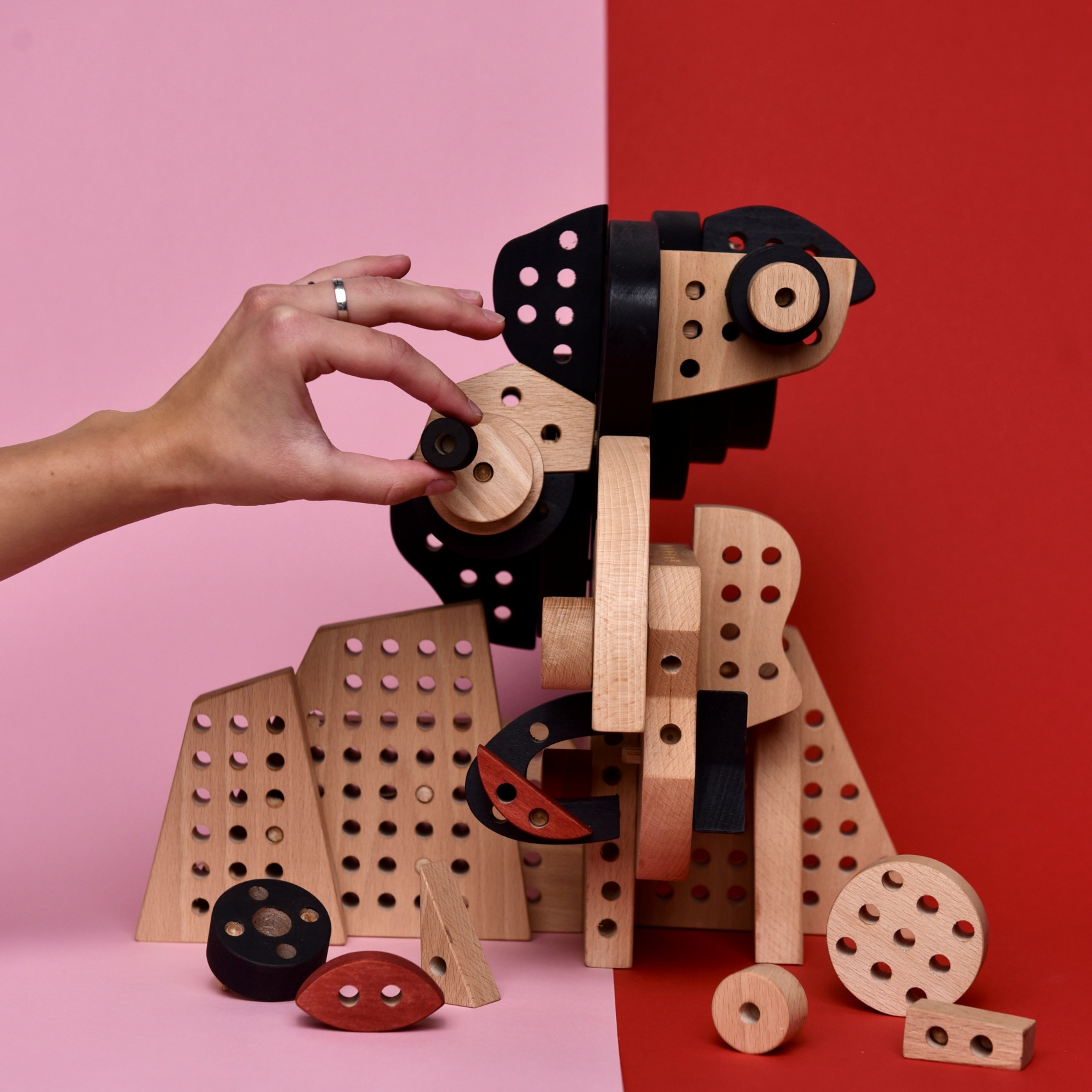
With my kinetic figures, I want to invite the user to interact, to have a kind of fun. This accidental encounter with the object is supposed to encourage the user to evoke movement, to have this momentary fun…this process has a certain repetitiveness to it, but it also evokes certain emotions, excitement, adding a layer of magical, almost surreal dimension to it, resulting from the fascination with the fairy-tale universe, which is what I cared about most when creating FIKU, comments Paweł Jasiewicz
The creative process continues
“If we want to preserve culture, we have to keep creating it” – according to this principle, Pawel Jasiewicz, is in constant motion, just like his kinetic figures, and it is not a repetitive, one-line movement. Jasiewicz is currently in the process of conceptual work on new sculptures. He invariably designs and makes unique bespoke furniture, which often achieves the status of works of art, and at the same time he is just as intensely involved in running workshops for children, which are a source of inspiration for him to develop the FIKU collection, which has the potential to become a new symbol of Polish toy culture
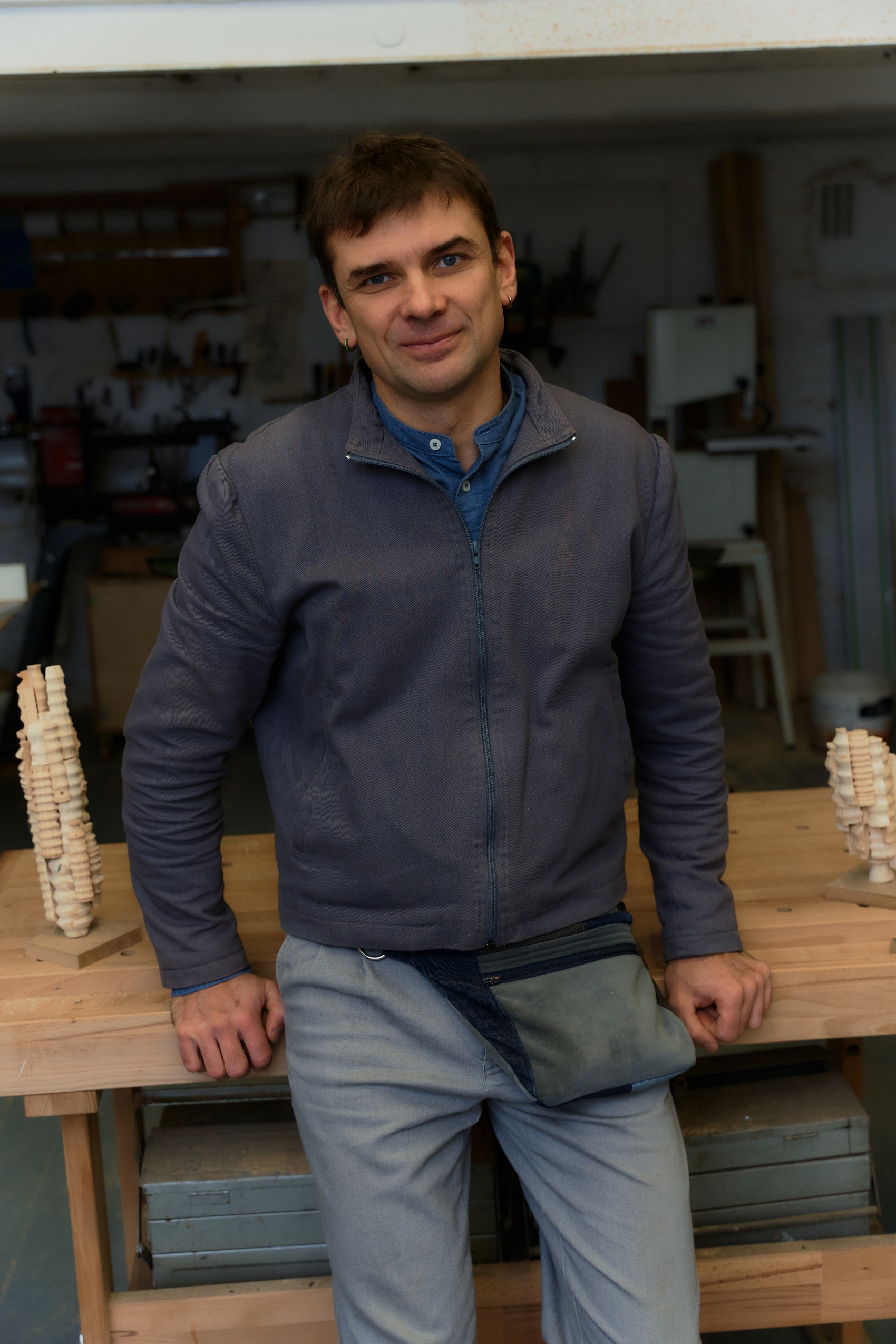
All the time in my work I feel a hunger to create, to develop and to go beyond conventional categories. I am in a constant process of design – at the moment I am most focused on new sculptures, but equally important to me is my work on bespoke furniture and workshops with children and students. It is these activities, although they seem less dominant, that often initiate the next stages in my work,’ comments Jasiewicz
In the context of these words by Jasiewicz, one can see the evolutionary process of the artist. His involvement in various fields of art, starting with sculpture and ending with kinetic figurines, is proof not only of his versatility, but also of his ability to deeply understand the material that is wood. The artist constantly teaches us that culture is not something static, but is a living, dynamic organism that must be constantly shaped and transformed. It is this openness to new ideas and willingness to experiment that allows him to create works that inspire, delight and continue the spirit of Polish culture. His work is a reminder that we are still capable of creating something new, surprising and inspiring for generations to come
About thedesigner
Paweł Jasiewicz – artist, sculptor, designer, owner of the FIKU brand, graduate of Furniture Design and Technology at Buckinghamshire New University in High Wycombe (2007), gained experience in an international design environment by studying at Seinajoki Polytechnic in Finland. He is completing his PhD at the Academy of Fine Arts in Warsaw in 2019. To his credit, he has collaborated with companies and public institutions in Poland and around the world, including Olta, Zamek Ci e s z y n , IKEA, Narrogin Joinery, Greenpeace Poland, Nikkarikeskus Center, Vini Design, Paged, Yes, Meden in Med, Amica, Tatra National Park, Presidential Palace, Ministry of Foreign Affairs, Centre for Contemporary Art in Warsaw.His works have been shown at many exhibitions promoting design, including in Milan, Berlin, London, Tel Aviv-Jafi e, Cologne, Bergen, Warsaw, Łódź, Kielce
source: Paweł Jasiewicz
Read also: Wood | Detail | Minimalism | Children | whiteMAD on Instagram

